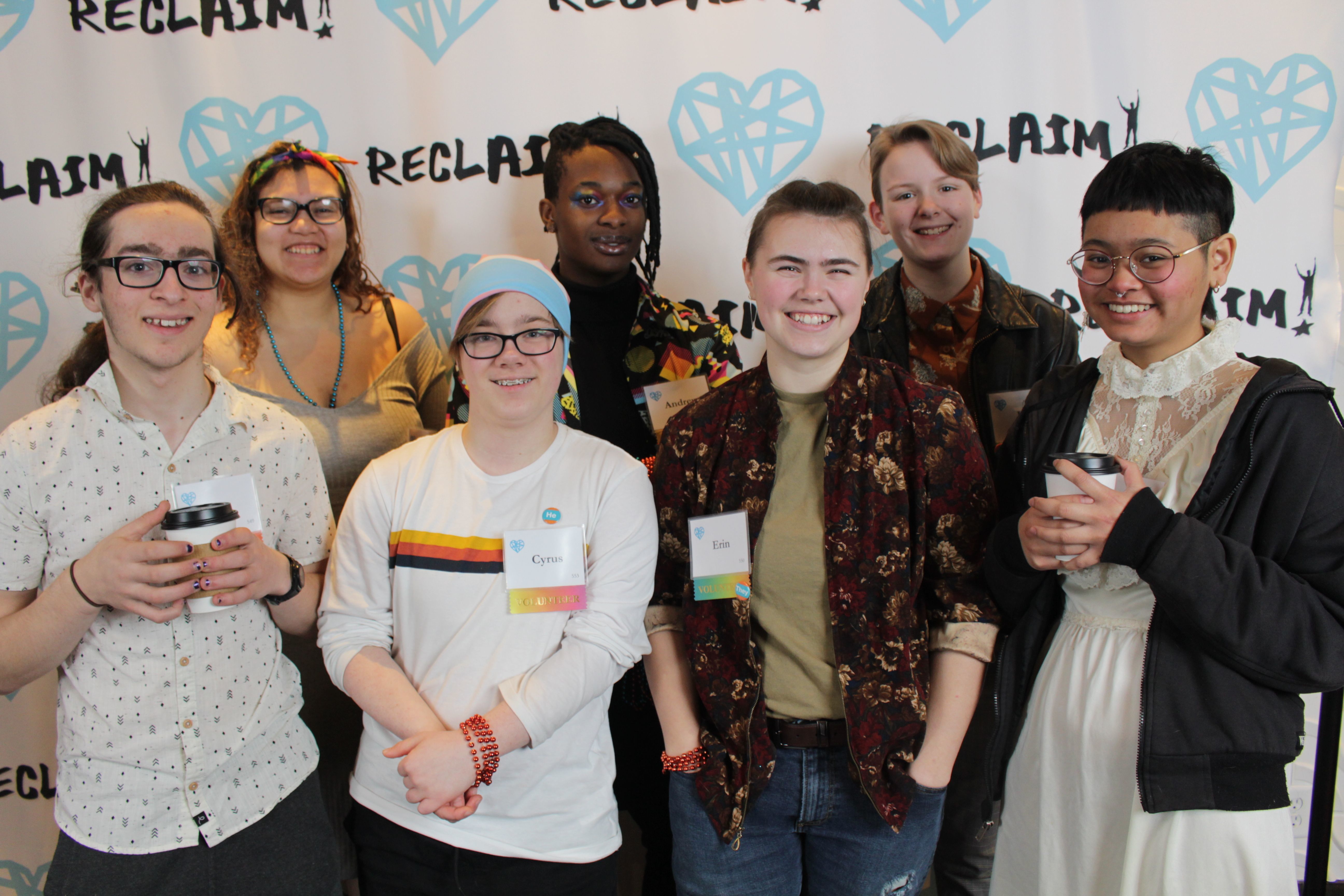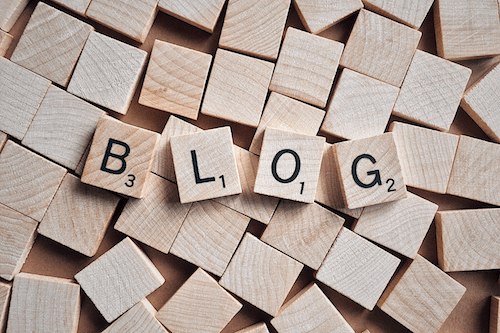
Outside of being a volunteer for RECLAIM!, I work as a School Counselor at a public high school in the Twin Cities area. I am often asked to help students and families find community resources to help them with a variety of needs, from transportation, to medical assistance, and everything in between. When I was in graduate school, I was surprised by how limited my knowledge was when it came to finding LGBTQIA+ specific resources. I could think of county and state services, but when it came to specific agencies with the mission to help queer youth, I drew a blank, even as a queer adult.
I found I wasn’t alone. Many organizations help people from all backgrounds, which is wonderful, but sometimes you want to be able to contact an organization that you know is going to understand and value core pieces of your identity. So, I started doing some research, and the good news is that there’s lots of LGBTQIA+ friendly organizations out there - both in Minnesota and nationally.
If you’re wondering where to start, there’s a few ideas:
- Google/search engine. It sounds simple, but we’ve come far enough with the internet to know we can Google search just about anything. The downsides are that you may end up with a lot of options, it can be hard to evaluate quality based on a website, and information or offerings could be outdated.
- If you are a student who attends K-12 school, it is very likely that you have some great resources in your school building. You can go talk to your School Counselor, Social Worker, Nurse, or another trusted adult to get their recommendations. School Counselors and Social Workers in particular have a lot of community connections and resources on hand that they will be able to connect you and/or your family with. They can even assist you with finding things like summer programs and college scholarships specific to LGBTQIA+ students. As they are professionals with strict ethical codes, they won’t reveal what you discussed with them to your family unless absolutely necessary. Another great place to start is your school’s GSA (Gender and Sexuality Alliance) or LGBTQIA+ student group. Groups like these are also great ways to build friendships and meet others who may be experiencing something like you.
- Local community centers are another place to find resources and opportunities. This includes activity centers, public libraries, community theaters, and even events by Parks departments. These kinds of facilities will promote a variety of events and can help you network with other members of your community. This often leads to finding and/or organizing additional community based events. For example, a small community in southern Minnesota hosted their first Pride event last summer. Now, they’ve started family game nights at a local public school.
Having a sense of community and experiencing community with your peers is incredibly important and healing. If you’d like an already generated list of organizations to check out, you can start with this LGBTQIA resources list. You can also contact RECLAIM for guidance.

